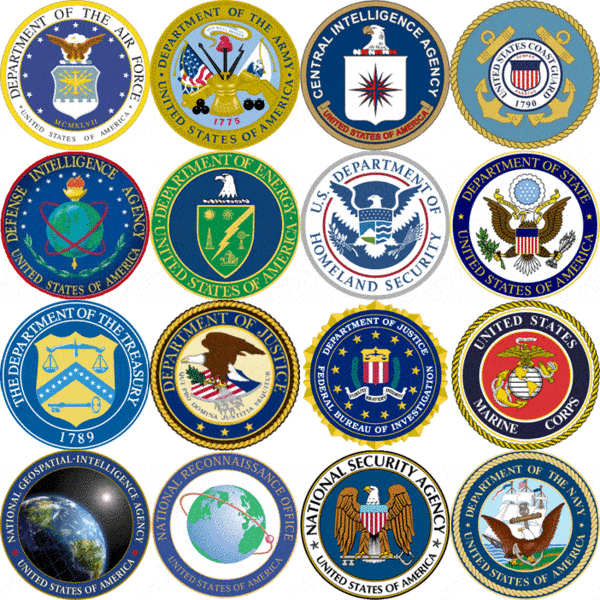The Executive branch of the American government is home to one of the most influential institutions in America. The Bureaucracy. The bureaucracy is home to many departments that determine how laws are instituted in America. In total there are 15 departments.
1. Department of Agriculture (USDA): Oversees farming, food, and rural development.
2. Department of Commerce: Promotes economic growth, trade, and technological advancement.
3. Department of Defense (DOD): Manages national security, armed forces, and military
operations.
4. Department of Education (ED): Administers federal education programs and policies.
5. Department of Energy (DOE): Oversees energy production, nuclear safety, and
scientific research.
6. Department of Health and Human Services (HHS): Focuses on public health, social
services, and welfare programs.
7. Department of Homeland Security (DHS): Protects against terrorism and manages
disaster response.
8. Department of Housing and Urban Development (HUD): Deals with housing, urban
development, and fair housing laws.
9. Department of Interior (DOI): Manages national parks, public lands, and natural
resources.
10. Department of Justice (DOJ): Oversees law enforcement, legal matters, and federal prosecutions.
11. Department of Labor (DOL): Focuses on labor laws, workers' rights, and job training.
12. Department of State (DOS): Handles foreign relations, diplomacy, and international
affairs.
13. Department of Transportation (DOT): Oversees transportation infrastructure and policy.
14. Department of the Treasury: Manages federal finances, economic policy, and currency
production.
15. Department of Veterans Affairs (VA): Provides services and benefits for military
veterans
The Secretary of each department is in charge of its operations. The Secretaries are
appointed by the President and confirmed by the Senate. They are members of the President's Cabinet and serve as the chief executives of their respective departments, responsible for overseeing day-to-day activities, policies, and programs. These departments are regulated by Congress with the checks listed below.
1. Oversight and Budget Approval: Congress has significant oversight authority over the
executive departments. It can regulate their activities by passing laws that establish or
change the departments' roles, responsibilities, and powers. Additionally, Congress
approves the budget for each department, ensuring they operate within the financial
limits it sets.
2. Legislation: Congress can pass laws that direct or limit the actions of these
departments. For example, Congress can dictate how funds are spent, the scope of a department’s responsibilities, or even create new agencies under an existing
department.
3. Confirmation and Impeachment: While the President appoints the Secretaries,
Congress (specifically the Senate) must confirm them. Congress can also hold hearings to investigate how the departments are functioning, and it can pass legislation to remove officials from office.
4. Investigations and Hearings: Congressional committees can hold hearings to
scrutinize the actions of executive departments. They can call department heads to
testify and produce documents related to their operations, which allows Congress to hold them accountable for their actions. In summary, while the President appoints and oversees the Secretaries of the executive departments, Congress regulates them through legislation, budget approval, and oversight hearings to ensure accountability and proper functioning.

